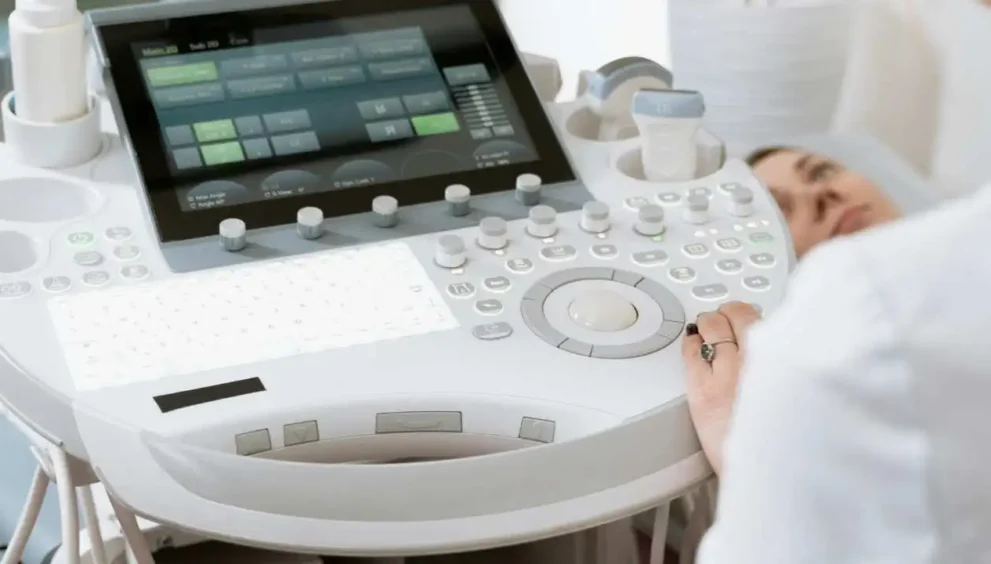Starting Out: My Journey Into CRNA Education
When I first started looking into becoming a CRNA (Certified Registered Nurse Anesthetist), I had no idea how long and detailed the process would be. I thought it was just about becoming a nurse and then jumping into anesthesia. But the truth is, there’s a very specific path to follow — and I want to share what I’ve learned with you, step by step, in a simple, clear way.
So if you’re thinking about becoming a CRNA, or just curious about CRNA education requirements, you’re in the right place. I’ll break it down in a way that makes sense, even if you’re just starting to explore this career.
What is a CRNA?
Let’s start with the basics.
A Certified Registered Nurse Anesthetist (CRNA) is a type of advanced practice nurse who specializes in giving anesthesia to patients during surgeries and other medical procedures. CRNAs work in hospitals, outpatient surgery centers, dental offices, and even in the military. They play a crucial role in keeping patients safe and pain-free during operations.
What makes CRNAs stand out is their high level of training and responsibility. In some places, they even work independently without a supervising doctor. That’s why the education to become one is so detailed — the job requires confidence, precision, and serious knowledge.
Why CRNA Education Requirements Matter
Now let’s talk about why understanding these requirements is so important.
Getting into the CRNA field isn’t something you can just “wing.” You need to meet very specific education requirements for CRNA roles. These aren’t just checkboxes — each step builds the skills and knowledge you’ll need on the job.
You’re going to be responsible for people’s lives when they’re unconscious. So, the schools and licensing boards make sure you’re fully ready before you ever put someone under anesthesia. And honestly, that’s a good thing.
Key Steps in the CRNA Education Path
Here’s a step-by-step look at the core CRNA education requirements you’ll need to follow:
1. Obtain a nursing bachelor’s degree (BSN)
Prior to anything else, you must become a Registered Nurse (RN). That usually means getting a Bachelor of Science in Nursing (BSN). Some people start with an Associate’s Degree in Nursing (ADN), but many CRNA programs now prefer or require a BSN.
2. Pass the NCLEX-RN Exam
After nursing school, you must pass the NCLEX-RN — this is the national test that lets you legally work as a nurse in the U.S.
3. Gain Critical Care Experience (Minimum 1 Year)
Here’s where many people get tripped up: You need at least one year of full-time experience in a critical care setting (like an ICU). Most people work 2–3 years to become truly competitive. This experience helps you learn how to care for very sick patients and respond to emergencies — both essential skills for a CRNA.
4. Get Into an Accredited CRNA Program
Once you’ve got the nursing degree and ICU experience, the next step is applying to a Doctor of Nursing Practice (DNP) or Doctor of Nurse Anesthesia Practice (DNAP) program. These are typically 3-year programs.
Important: A master’s degree was replaced by a doctorate as the minimum education requirement for CRNAs in 2022.
Also Read About > Art Schools Look For in a Portfolio
5. Graduate and Pass the National Certification Exam
After finishing your program, you’ll take the National Certification Exam. This is the final test that allows you to legally work as a CRNA.
So in total, you’re looking at about 7 to 10 years of education and training from start to finish.
Key Benefits of Following the CRNA Path
Going through all these steps isn’t easy, but let me tell you — it’s worth it.
Here’s why:
- High demand: CRNAs are needed everywhere, especially in rural areas where anesthesiologists may be scarce.
- Top-tier salary: CRNAs are among the highest-paid nurses in the U.S.
- Autonomy: In some states, CRNAs can practice without physician supervision.
- Respect and responsibility: You’re trusted with one of the most sensitive parts of patient care — keeping them safe while they can’t protect themselves.
Common Mistakes People Make
Let’s clear up a few things that often confuse folks:
- Thinking you don’t need ICU experience — You absolutely do. Med-surg or ER experience alone won’t cut it.
- Assuming any nursing program qualifies — Some CRNA schools are very picky. Make sure your BSN and ICU experience meet their standards.
- Waiting too long to prep — Start researching CRNA schools early. Some have specific course prerequisites like organic chemistry or statistics.
A Real-World Example: Sarah’s Story
Allow me to introduce you to my friend Sarah.She worked in a cardiac ICU for two years before applying to a CRNA program. She studied hard for the GRE, completed a shadowing experience with a practicing CRNA, and got solid recommendations from her coworkers. It wasn’t easy — she applied to five schools and only got into one.
But now she’s in the second year of her CRNA program, loving every moment. She tells me it’s intense, but the hands-on training makes it feel real and purposeful.
How to Get Started With Your CRNA Journey
If you’re serious about becoming a CRNA, here’s what I’d recommend:
- Finish your BSN or enroll in a BSN program if you haven’t already.
- Apply for ICU positions early — the more experience, the better.
- To get a true sense of what a CRNA does, observe them in action.
- Make a list of CRNA schools you want to apply to and note their requirements.
- Plan your timeline — it’s not a race, but being organized helps you stay on track.
And most importantly, don’t rush. Each stage builds your skillset. When you finally step into the role of a CRNA, you’ll realize every moment of study and practice mattered.
My Final Thoughts
It is a long process to become a CRNA, but it is a very rewarding healthcare career. You will challenge yourself, develop your clinician skills, and have a highly regarded, respected, and well-paid job.
You can absolutely do it if you’re committed to putting in the effort and actually following through with the process. Trust in the process, set goals, and just keep moving forward. There are going to be many opportunities for good nurse anesthetists — and you may be one of them.
Frequently Asked Questions (FAQs)
1. How long does it take to become a Certified Nursing Assistant?
It usually takes seven to ten years overall. This is inclusive of the CRNA doctoral program, nursing school, and critical care experience.
2. Is a master’s degree required to become a CRNA?
No longer. You now require a doctorate in nurse anesthesia practice (DNP or DNAP) to become a CRNA.
3. Can one become a CRNA without ever seeing the ICU?
No, you do not have to have ICU or critical care experience. Most schools have a minimum of one year, and highly competitive programs require more.



